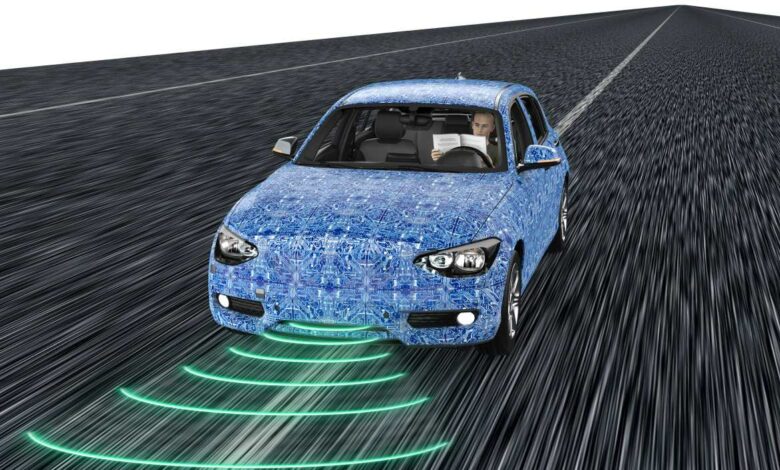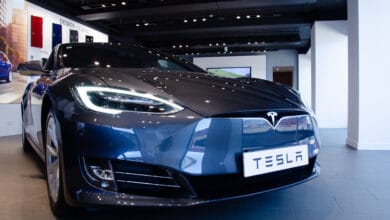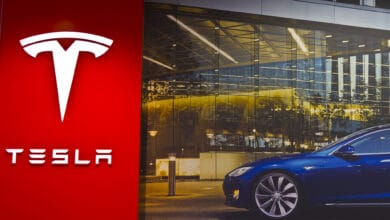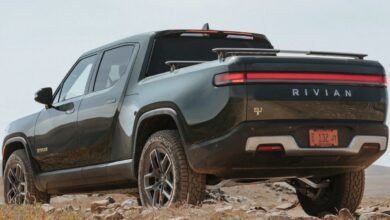
What data do our cars collect about us? And to whom is the collected car data passed on? This question has been heating up minds for quite some time. The new federal government is revisiting the issue of data protection in car data, as reported by Tagesschau.
Privacy of car data
Modern cars collect numerous data about drivers, as well as usage behavior. In self-driving cars, the collected data is potentiated again. The new government now wants to protect the collected car data with a trustee and is once again addressing the issue of data protection. However, this is not going down well with the car manufacturers.
The trustee is supposed to inform car owners about the collected data. The collected data is highly sought after, especially by authorities, insurance companies, TÜV (German technical inspection agency) or even car repair shops. However, the German government’s plan to appoint a trustee for car data is meeting with fierce resistance from manufacturers.
The Association of the Automotive Industry VDA fears additional bureaucracy and the risk of abuse through a trustee, however: “For the transfer of data, the VDA rejects the so-called trustee model, because in our view it brings various disadvantages with it,” communicates VDA Managing Director Joachim Damasky.
The model of a trustee for car data is already for years in the room and was originally initiated by the insurer Allianz. In the coalition agreement of the traffic light government around SPD, Greens and FDP, it says: “For the competition-neutral use of vehicle data, we strive for a trustee model that adequately takes into account access needs of users, private providers and government bodies, as well as the interests of affected companies and developers.”
Insurers call for access to data after accidents
Allianz and insurance industry, on the other hand, demand unhindered access to data after damages and accidents. Therefore, the appointed trustee should not be a market participant and thus should not belong to an insurance company or a car manufacturer, nor should it be someone else who is actively involved in these issues, demands Christoph Lauterwasser, head of the Allianz Center for Technology (AZT).
The GDV insurance association is calling for a basic right of access to collected car data for its member companies. However, without committing to a specific model.
The data of networked cars belong solely to the owners and not to the manufacturers, GDV CEO Asmussen is quoted as saying. “Whether such competition-neutral access to the data takes place via a trustee model or in some other way is of secondary importance.”
With a possible trustee model, however, there is also the question around the access rights to the collected data. So, too, is the question of whether car manufacturers and suppliers will be forced in the future to share the data collected with their software with third-party companies. Start-ups and IT giants from the U.S. or insurance companies have great interest in the collected car data.
Mobility Data Act and Trust Center
A mobility data law should enable such competition-neutral use of the collected data. The automakers, on the other hand, are calling in their counter-proposal for the data to be left in the care of the industry and for a trust center to be established.
According to Damasky, this institution should certify the quality of the collected car data. Vehicle owners would then be required to give their consent for third parties to access the vehicle data. According to the VDA executive director, a trust center model would dilute data sharing and would simply not be user-friendly.
“For this reason, we advocate one-stop querying, via the vehicle manufacturers’ backends,” Damasky said. He also calls for the data to be released for a specific purpose. Not every interested party should get unlimited access to car data from the outset. According to AZT head Lauterwasser, however, “independent third parties” should also be able to offer services, “without the vehicle manufacturer acting as gatekeeper”.
Modern connected cars collect a variety of data during use. Among them are details on intensity, the number of drivers and details that allow conclusions to be drawn about driving style. For the ADAC, this is problematic, because the car-driving customer does not know what data is stored in the details about him or her. It is also not possible to access one’s own data.
That’s why ADAC is calling for drivers to be able to select and deselect the provider and the data-based services themselves. ADAC technical president Kasten Schulze therefore demands that the EU Commission must present a legislative proposal for free and secure access to the collected car data that is independent of the car manufacturers.




No replies yet
Neue Antworten laden...
Neues Mitglied
Beteilige dich an der Diskussion in der Basic Tutorials Community →